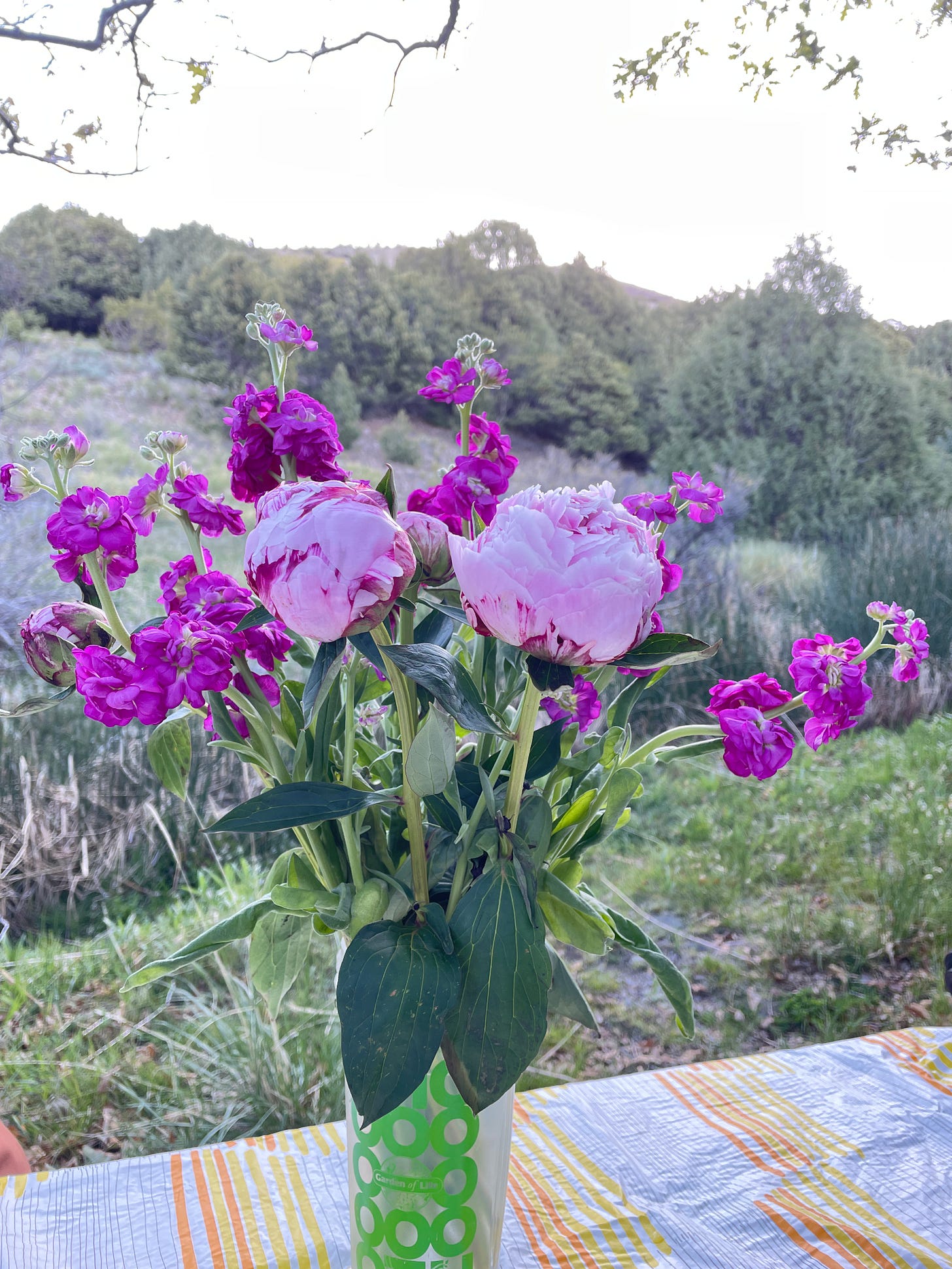Do you feel connected to mentors and teachers who help your artist?
You’ve probably taken classes and workshops in your medium. You’ve had teachers who have encouraged you and whose words still ring in the hallways of your mind. Perhaps you’ve had a negative experience with a teacher that has shut you down.
I got a D in high school art, and I’ll never forget the teacher whose grade made me think for decades that I couldn’t be an artist. Sometimes we’re invigorated by proving someone wrong. The rebel in us gets fired up and fuels our passion for making.
If you are on the sidelines because of something a teacher or mentor said to you, I invite you to prove them wrong. Not for their sake, but for yours.
Reclaim your rightful role as an artist. Don’t let some nincompoop from the past stop you from being your full artist self.
Mentors and teachers can also do wonderful things for us. I once had an art mentor who was helping me bring my artist voice into play. One of the gifts she gave me was recognizing the power of my intuition.
During one session, she had me pin up the series of paintings I had been working on. We stood back and looked at them as a whole. She asked me what I saw. She asked me what I thought was working and what I felt wasn’t working.
I made some comments. She said yes, I see that too. I was emboldened to say more. Her corroboration of my instincts gave me so much confidence and trust. So much more than if she had led the way with ideas, criticism or feedback. She didn’t just give me thoughts on that body of work but gave me the ability to trust myself.
Even if I don’t think I know what I am doing, or am not an ‘expert’, there is a part of me that can trust my inner knowing. This is what I want for you - to trust your instincts. They will always guide you in the right direction.
INVITATION
Step One: Map the network of your artist
You might be stumped for where to find a mentor. You might feel isolated and without anyone to connect your artist with. But I bet you have more people than you think.
Map the network of your artist. See who is in on the creative vibe with you. Look at your calendar, emails, and contact list. You could include people from the past. Or people you want to be connected to.
You might not take any action from this process of mapping your network. Like mapping your creative ancestors tree, you’re placing yourself in a community of people who share a common value: creativity and making matter.
You will make visible the sometimes invisible network of support. You will recognize that you are not in it alone. You will appreciate the others who share the path with you, even if they walk in a different time zone or dance to a different medium or rhythm than you.
It may help to know who you can rely on to cheer you and who doesn’t ‘get’ your artist. Finally, it can be helpful to have a handy list of people you can call on when you need support.
I can’t anticipate what you will feel when you see the names of your peeps. But I suspect it will move you and bolster you.
Step Two: Identify your mentors
Revisit your Creative Ancestors. Your mentors might be at a distance or no longer living. Or teachers or local artists could be open to a mentorship. You could write a classified ad for this too.
Affirmation: I have support of wise, helpful mentors.
In the comments: What did you notice when you mapped your network?






Oooh I am thinking a lot about this one too! Right now most of my mentors are in the past.
I'm doing a deep dive into my ancestors and finding a lot to be inspired by and to learn from them, especially the ones who lived in "interesting times." Regardless of what happens now and in the rest of my years, my life has been exponentially better than most of my ancestors' lives. And yet they worked and played and created and ... well, lived.
I have quite a few artists in my recent ancestry, and I am sure my ancestors further back, especially the women, were artists because they made their own clothes, decorated their homes, created folk art in their communities, etc. I don't know if I'll ever learn specifics about them, but I've been reading histories about the communities and places where they lived for inspiration.
A couple of current friends are sort of mentors, in an informal way, in that I learn a lot from them and they brainstorm things with me and help me stay focused. I also still consider you a mentor and am enjoying this course very much.